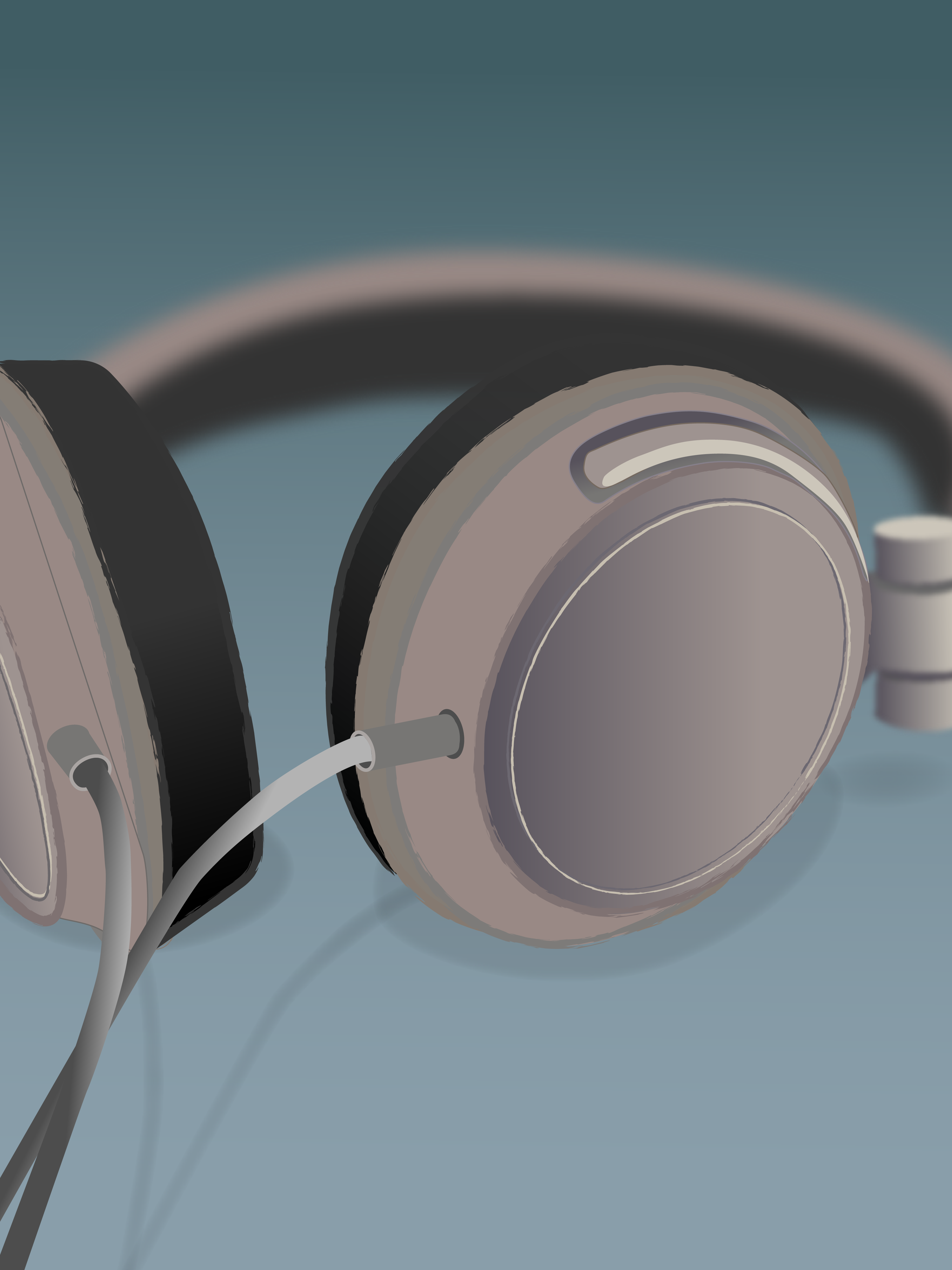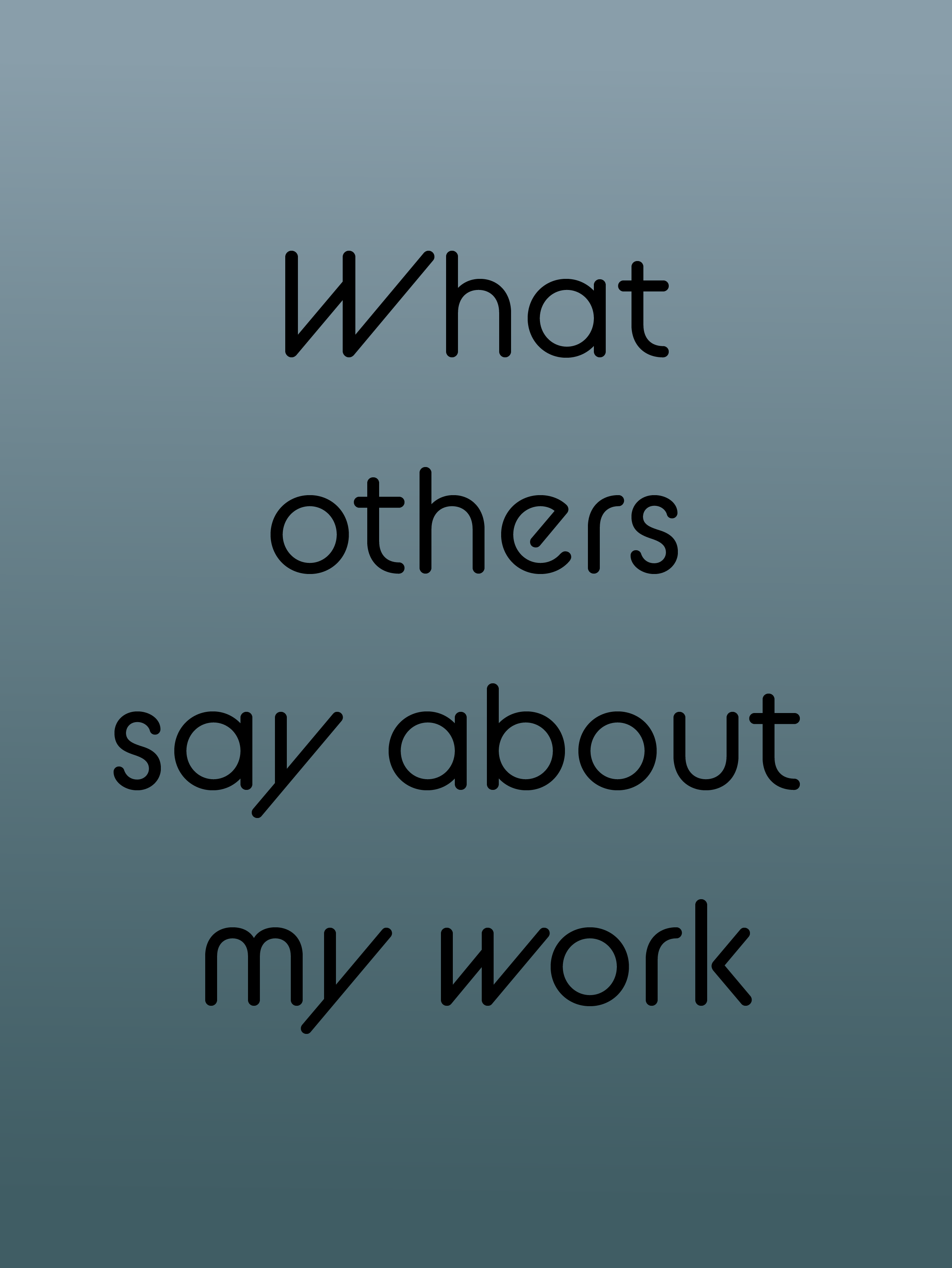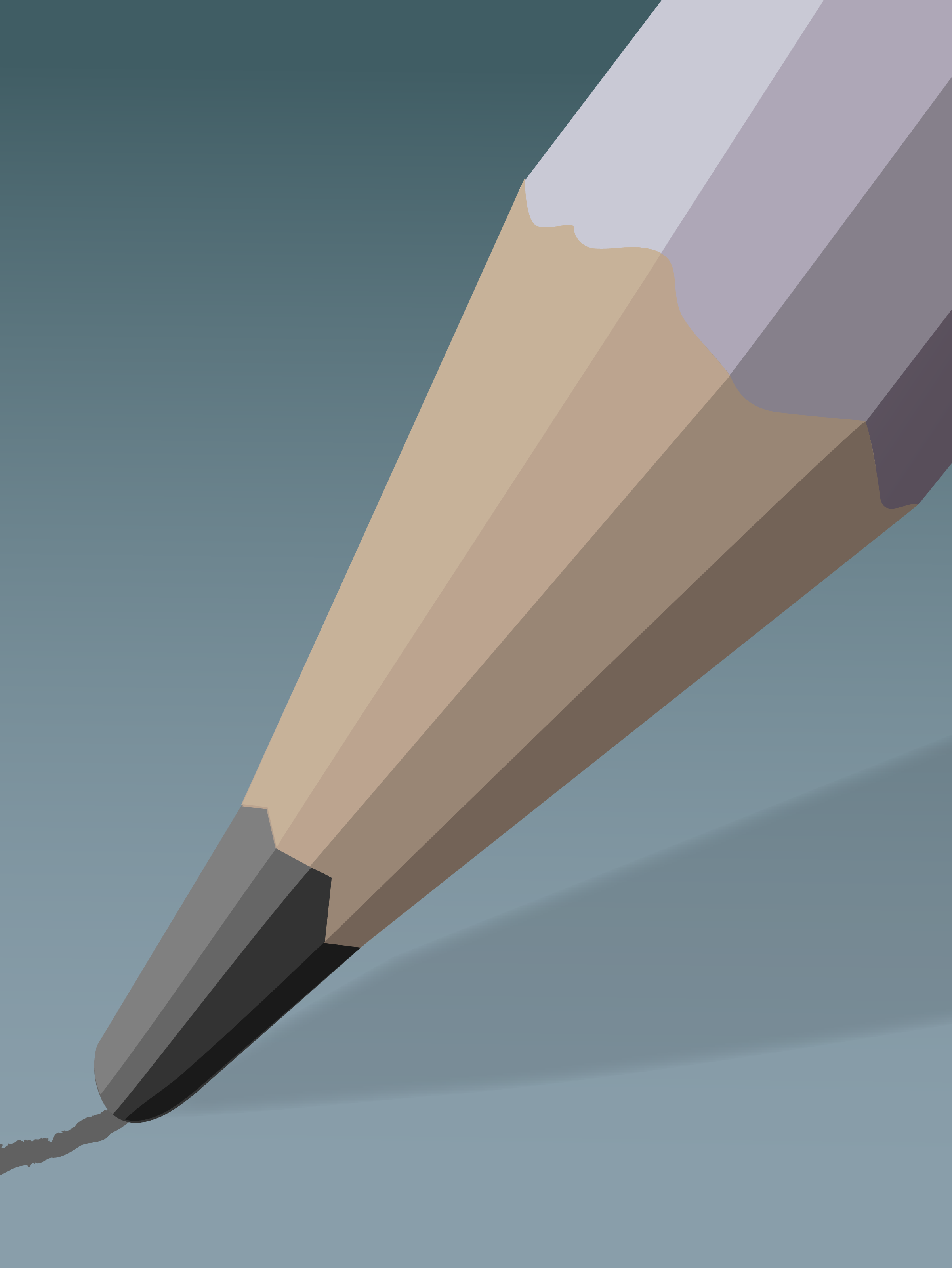My twenty years working as a senior science & health producer at BBC News have given me an impeccable pedigree in video production & storytelling. From originating the story & structuring the pieces to directing the filming & editing bespoke versions for different outlets, I am highly skilled in every stage of production & management of such multi-platform projects.
Below is a small sample of my work. For more examples see my Vimeo page.
Lincoln College, Oxford asked me to create a series of video interviews with some of their alumni, to mark their 600th anniversary. I produced and edited the series, bringing in a lighting cameraman, Julius Peacock, to film each exchange between the alumni and host, Helen O'Hara.
Other interviewees included the actress Emily Mortimer, space scientist Adam Camiletti and global health expert David Walcott.
The full series can be seen here
In 2022 the British Academy commissioned a series of films exploring the work and motivations of seven researchers it had funded to consider, the challenges to achieving net zero and issues around vaccine hesitancy.
Working for Orinoco Communications, I produced, scripted and edited all seven films.
This film explores vaccine hesitancy in former coal mining regions in South Wales and Appalachia.
I have shot and edited a number of films for Christ Church, Oxford. These include a film celebrating the arrival of bee hives and a new stained glass window at the Cathedral, an introduction to Christ Church video for new students, a series of short social videos offering interview tips for prospective students. I also made them 2 films exploring their biodiversity project on Christ Church meadow, aimed at encouraging the return of natural wild flowers through careful reseeding and management of the ground with a herd of rare breed Longhorn cattle.
In 2022 the Royal Academy of Engineering published a series of video explainers which explored the need for a whole-system approach when trying to build a Net Zero future.
Working for Orinoco Communications, I edited the final two films in the series: Transport and Implementation.
I made this film for the charity Sense about Science, to promote their annual award - the John Maddox Prize. It is given to scientists who stand up for science in the face of hostility and attack. The film was shot and edited by me and I created the graphics.
This is a video I edited for the BBC news website looking at the vital work of brain banks in the UK. Showing a brain dissection in detail, it is fascinating & I would argue beautiful, but maybe not one for the squeamish.
In 2019 BBC News told the story of separating conjoined twins Safa & Marwa. I originated & produced every aspect of this multiplatform project. It included these two five minutes pieces for the BBC Six & Ten O'Clock news bulletins & a half hour TV documentary. Chartbeat ranked the long-form piece I wrote for the BBC website, 6th most engaging story in the world & the top BBC entry. The project won a Medical Journalists' Association award in 2020.
This is the piece I researched, produced & directed for the BBC's 'In the Mind' series, which covered all aspects of mental illness. We went back to basics & looked at some of the exciting developments going on in neuroscience that are revolutionising our understanding of the brain & why it sometimes goes wrong. It was one of a group of pieces that made up BBC News' winning entry for the Medical Journalists' Association's award for mental health reporting in 2016.
The development of a vaccine against the main strains of HPV - the virus that causes most cervical cancer - represented a huge advance in women’s health, particularly to women in those nations that have no screening & little cancer treatment.
Medical Editor, Fergus Walsh & I accompanied the vaccine alliance GAVI, to Laos, to witness the start of their rollout of this lifesaving treatment to the rest of the world.
BBC health correspondent, Dominic Hughes & I followed Emma Watson for nearly two years on her journey from first being registered on the waiting list for a kidney/pancreas transplant, to finally undergoing her operation after 13 unsuccessful call ups. The piece was shortlisted for a Medical Journalists' Association award.
When cannabis was rescheduled to allow tightly controlled medicinal use it paved the way for greater research into the pharmacological potential of a number of the plant’s extracts. In my last story as a BBC news journalist we explored the growth of trials into its medical potential, including reducing hallucinations in Parkinson’s disease. This is the version I edited for the BBC news website.
Gene editing offers the opportunity to alter DNA with surgical precision. When the now main technique - CRISPR - was invented in the early 2000s it revolutionised medical research & offered huge promise for treatments of intractable diseases. But it also opened the door to more ethically challenging alterations to our genetics. This pair of linked reports on the two sides of the CRISPR debate ran to coincide with the Washington gene-editing summit in 2015.
I researched, produced & directed both films. The correspondent was Medical Editor, Fergus Walsh.



